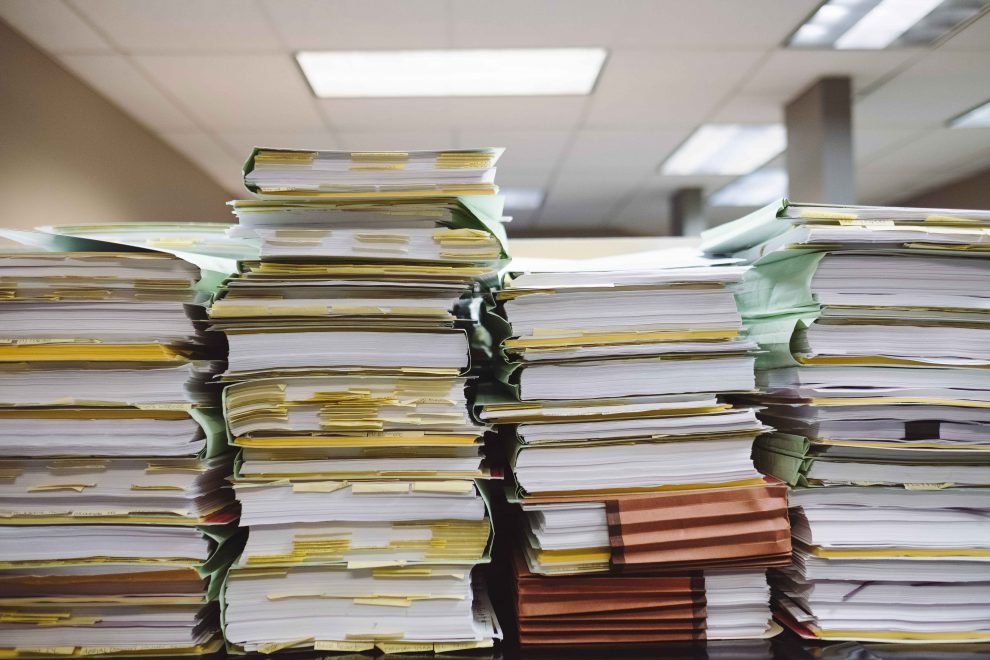Many valuable items are stored in the home and office. But if there is a crucial area that occupants of both spaces tend to overlook, it’s the storage of essential documents!
Apart from knowing where your documents are located, you need to understand which of these are vital and which can be tempting to burglars, thieves, and hackers.
How Can You Protect All Your Important Documents?
Developing a system to enable you to store and organize all essential document matters properly. If done properly, it will greatly reduce your stress and anxiety levels. It also helps you to maximize your time while allowing the business to thrive. Consider the following document storage options:
Safe-Deposit Box
There’s no better place to get you started in your journey to securing your important documents than by getting a safe deposit box at your local bank. If you have to routinely refer to the documents, ensure you have some copies of the said documents with you at home. Make sure a close friend or family member has additional copies of the document and a spare key to the safe deposit box.
Online Document Scanning and Storage
Document scanning is another way to secure your documents, regardless of whether they’re personal or business-related. The digitisation of documents is the way to go for businesses looking to increase efficiency and protect them from natural disasters and fires.
Importance of Digitising Your Documents
Business records and other important personal documents being digitised greatly helps save time during retrieval, reduce storage costs, and allow global sharing. Furthermore, such documents can easily be tracked to measure compliance with security protocols. Scanning documents guarantee that the organisation has a scalable record information management solution.
Common advantages that come with digitisation include:
1. Protection from Water and Fire Damage
It’s impossible to anticipate a flood or fire damaging your business or home. Whenever such a disaster strikes, you’ll only have a few minutes to get to a safe location. Digitising your records and other important documents ensures you’ll have access to them at all times.
2. Increase Efficiency
Your team will routinely get slowed down every time they have to locate or retrieve essential documents physically. Keep in mind the documents can also get lost or be misplaced. By scanning and storing important documents you are cutting down the document retrieval process to a few minutes this guarantees there won’t be human errors.
Use the Shredder
It’s advisable to shred your financial documents at least once every thirty days. Use this time to shred receipts, utility payments you no longer need to use, credit card offers, expired credit cards and bank statements. A rule of thumb is never to discard a receipt associated with a transaction you completed using a credit card. All a criminal need to mess up your credit score is your name and/or credit card number.
External Hard Drives
As archaic as this may sound, there’re still people out there who trust physical filing systems more than they trust tech-related storage options. While cabinets and boxes may serve your purpose, they’re not always ideal. Rather than invest in a metal filing cabinet or an accordion file, you should consider getting an external drive.
The documents stored in this drive won’t take up much space, which means you only need a few gigabytes. A drive is safer because you can password protect all your documents. It also means the drive isn’t attached to the laptop, allowing you to evacuate with it in case of an emergency.
According to a report by Consumer Reports National Research Centre, every one in four individuals have at one point or another lost or misplaced an important financial document. Learning how to store your documents properly will ensure they are safe from burglars, natural disasters, and other unforeseen scenarios.








Add Comment